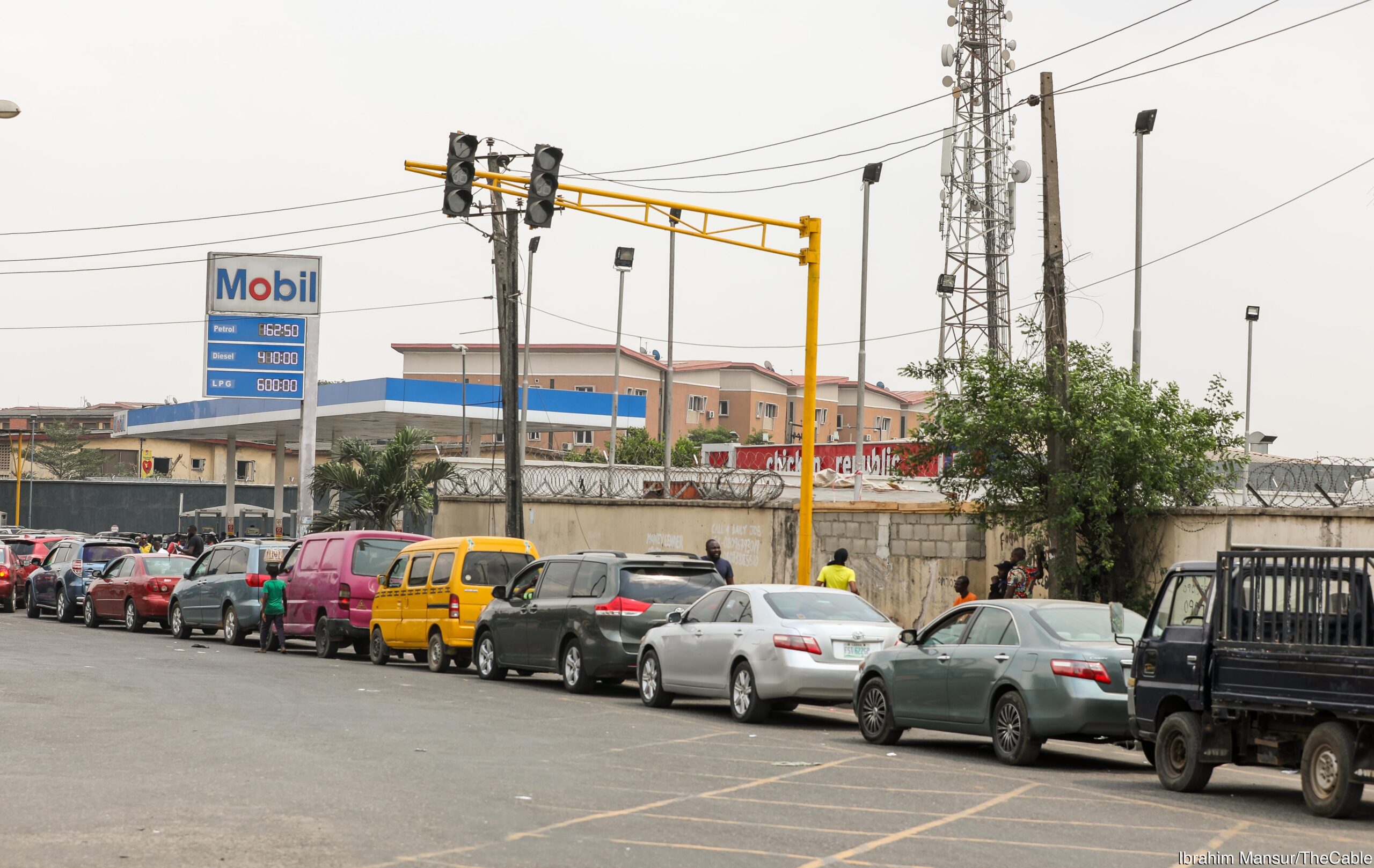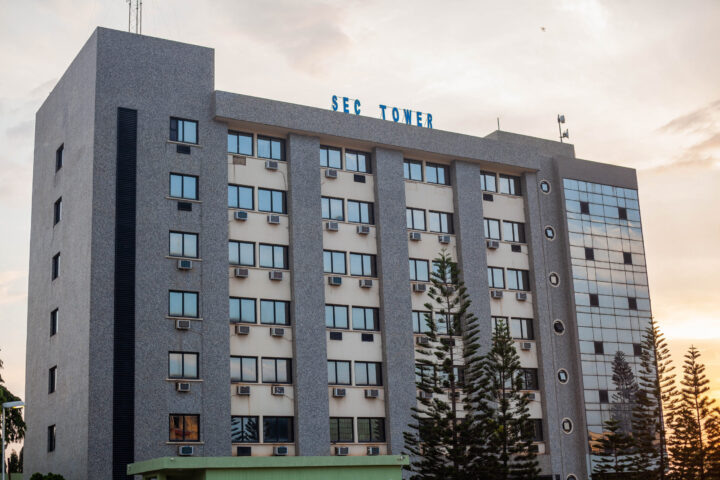It is about a month since the fuel crisis rocked Nigeria. Nigerians would have thought that things would be better by now but the situation seems to be worse as queues are still seen at filling stations, and black marketeers selling at outrageous prices.
As if this is not enough, Nigerians have in recent times been experiencing worsened epileptic power supply across the country. It is common knowledge that Nigeria’s electricity supply has never been steady, but in recent times someone like Esosa who used to have about three hours of electricity in a day, now lives without power supply daily.
‘NIGERIANS SUFFERING IN SILENCE’
On March 2, Esosa who was frustrated by the situation tweeted about how Nigerian governors’ wives are jetting to Dubai to celebrate Aisha Buhari, the First Lady, while Nigerians suffer without power and fuel.
Advertisement
“Nigerian governors wives are celebrating Aisha Buhari in Dubai. Meanwhile in Nigeria; No light. No Fuel. Transportation fare doubled. ASUU on strike….We are lowkey suffering silently,” he tweeted.
Speaking with TheCable, Esosa who stays in Benin and sells merchandise online lamented how his business has been crippled in the past few weeks. He said the power situation has got much worse lately such that he barely enjoys two hours of electricity.
“In my community we barely see NEPA light. The cost of fuel and transportation is affecting my pocket seriously,” he said.
Advertisement
“I run my generator almost every day…Only if we had constant light, at least three to six hours daily, it would have been better.”
TRADERS LOSING CUSTOMERS AND MONEY WHILE INCURRING EXPENSES

Delight and her sister run a grocery shop in the Lugbe area of Abuja. She said business was just fine until they were hit by the worsened epileptic power supply which got them neck deep in loss and unplanned expenses.
On February 24, Delight said an on-and-off electricity caused her deep freezer to break down. In the wake of that, while she was still thinking about how much she would spend fixing the deep freezer, the N240,000 worth of chicken she had bought for sales began to spoil. She said she lost about 20 kilograms of the chicken because of lack of electricity.
Advertisement
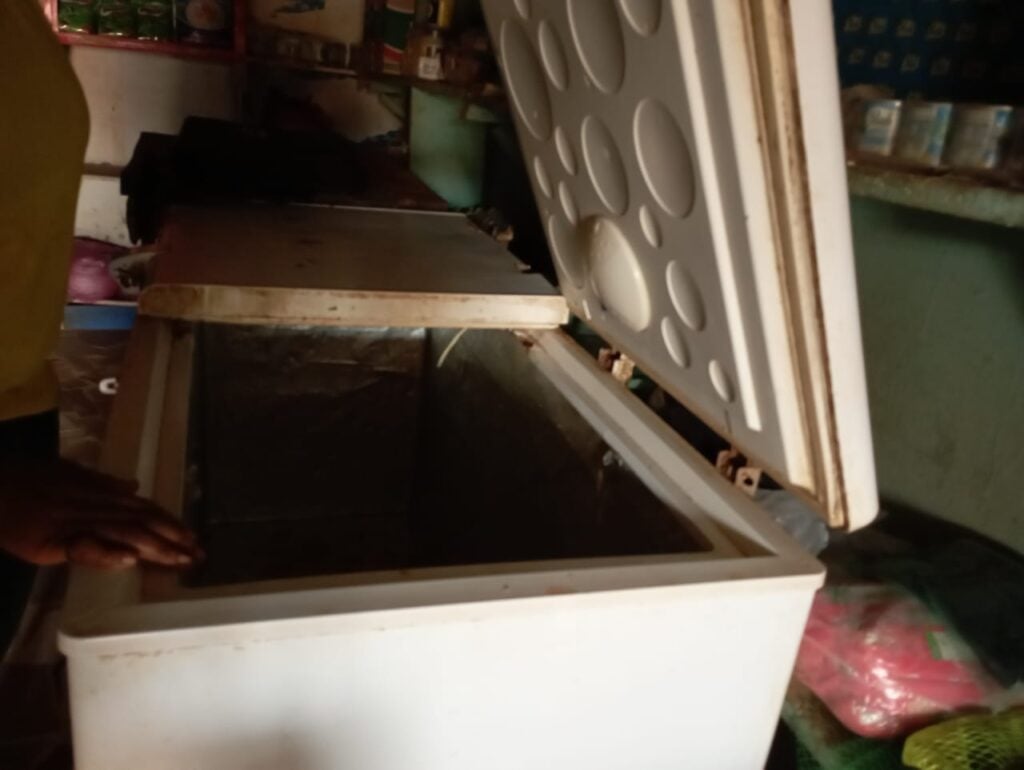
“This freezer will cost me a lot of money to repair. I am waiting to see if the light becomes more stable before I pay for the repairs. The situation has affected me so much. I used to sell chilled sachet water and even ice blocks but I no longer do that. I have lost customers, I have lost money.”
Delight is not alone, Mummy Princess, another grocery shop owner in AMAC market Lugbe, said she almost lost the entire one carton of fish she bought for sale when she decided to smoke them as a form of preservation.
“All the fish I paid to keep in a cold room; up to one carton of fish, all of it started getting bad, I was only able to save the few I smoked, to at least make some profit. It’s annoying. No light, no fuel. The heat is even something else and it is spoiling my vegetables. Nigeria has just become something else. We really need the government to help us,” she told TheCable.
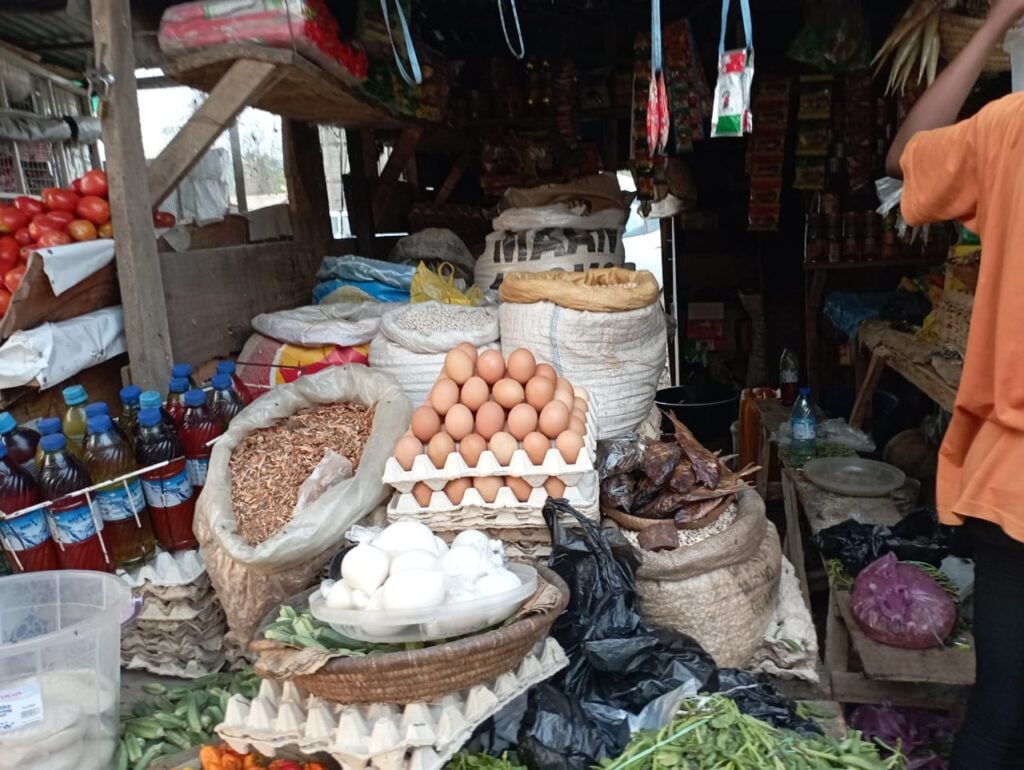
NO VEHICLES TO COMMUTE AMID HIGH TRANSPORTATION FARE
Advertisement
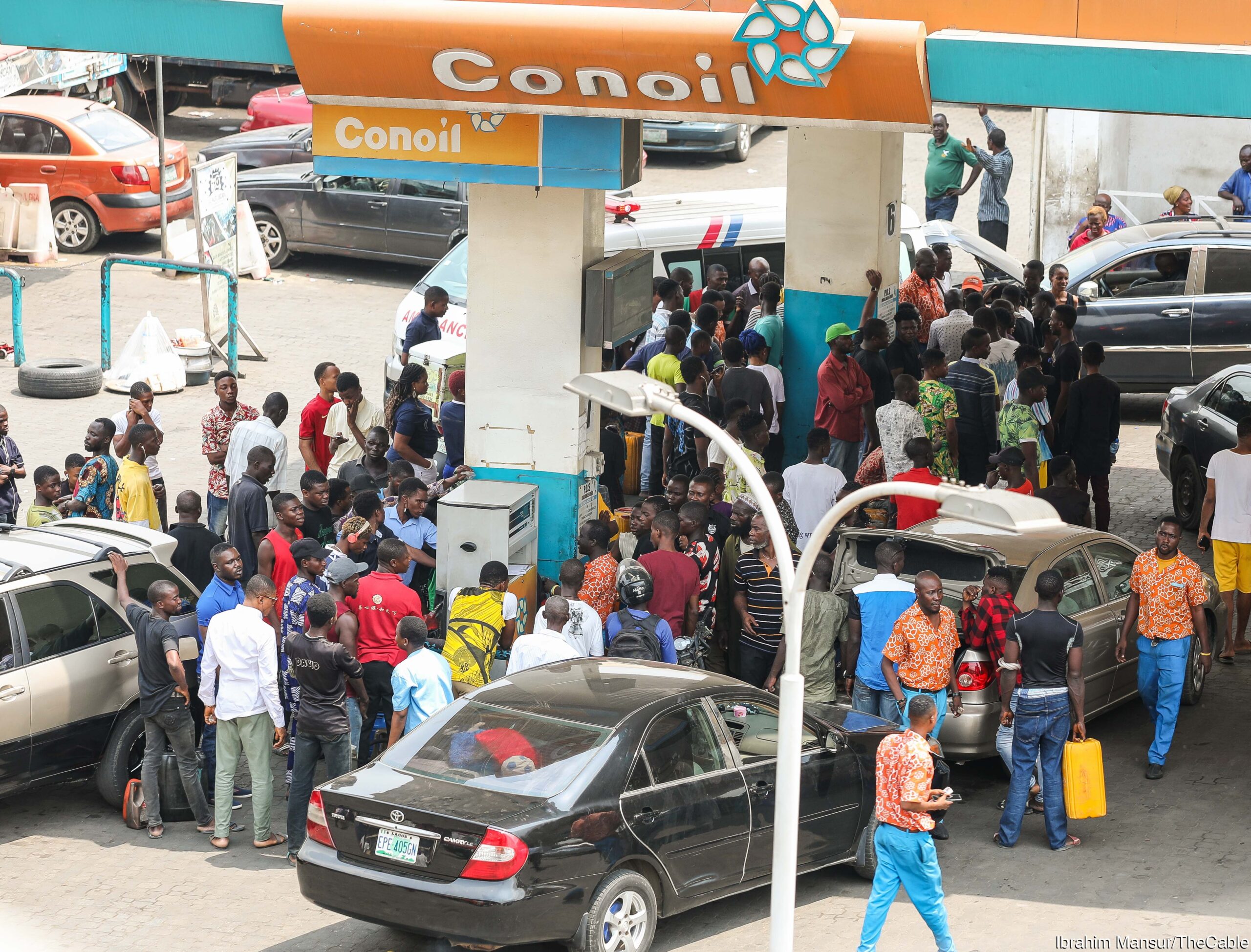
James Adelabu, is an auditor, who lives and works from his home in Lagos. He said the poor electricity situation forced him to “break the bank” and move to an estate which pays higher tariff for more constant electricity.
However, according to him, electricity has recently become terrible and “the fuel situation is not even helping the situation”.
Advertisement
“It’s not been easy because to even get fuel now is another thing entirely and even if you decide to go to the office to work there because you neither have fuel nor electricity at home, the cost of transportation is no longer bearable, that’s even if you see a vehicle,” Adelabu said.
“I remember last week Monday, I wanted to go do something in the office, I had to go back home because when I got to the bus stop I didn’t see a vehicle, so I had to go back home.”
Advertisement
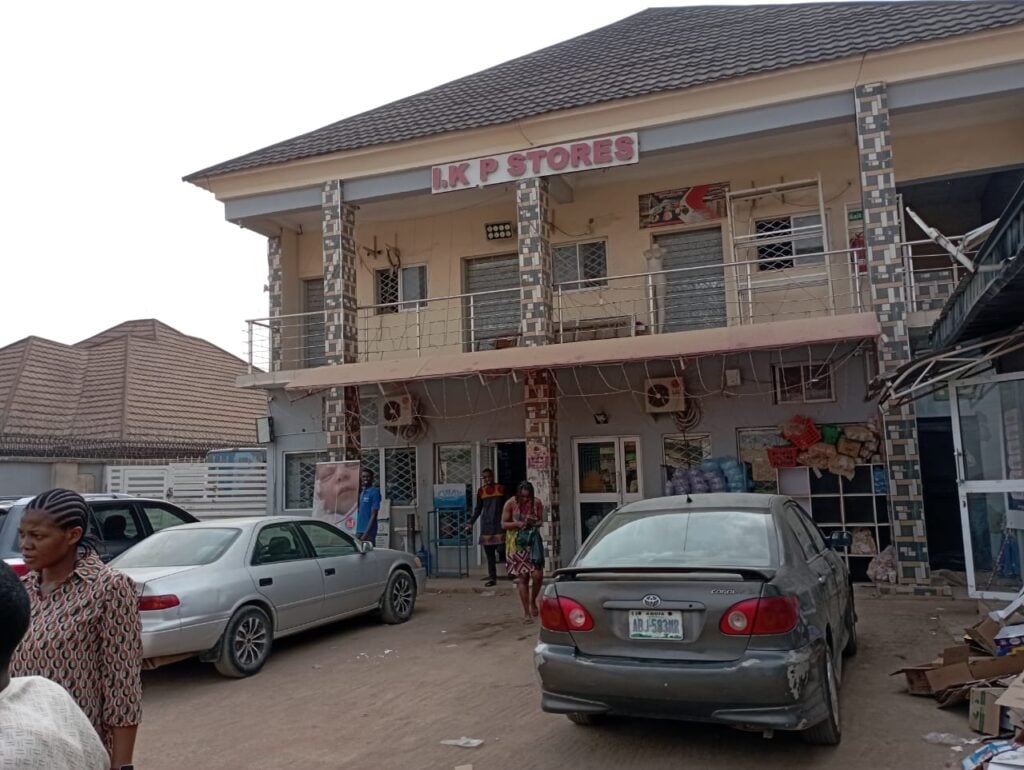
The situation is not any different for big supermarkets like I.K Stores, one of the popular supermarkets in Lugbe area of Abuja. Uche, one of the shop attendants told TheCable how they spent N37,000 in less than a week fixing their lister generator on two occasions when it broke down. He said the lister has been breaking down more often lately as a result of constant use. A situation he said would have been different “only if there was light.”
The supermarket now experiences low turnout of customers and also closes earlier than it used to in order to cut down the cost of running the lister generator 24 hours a day.
Advertisement
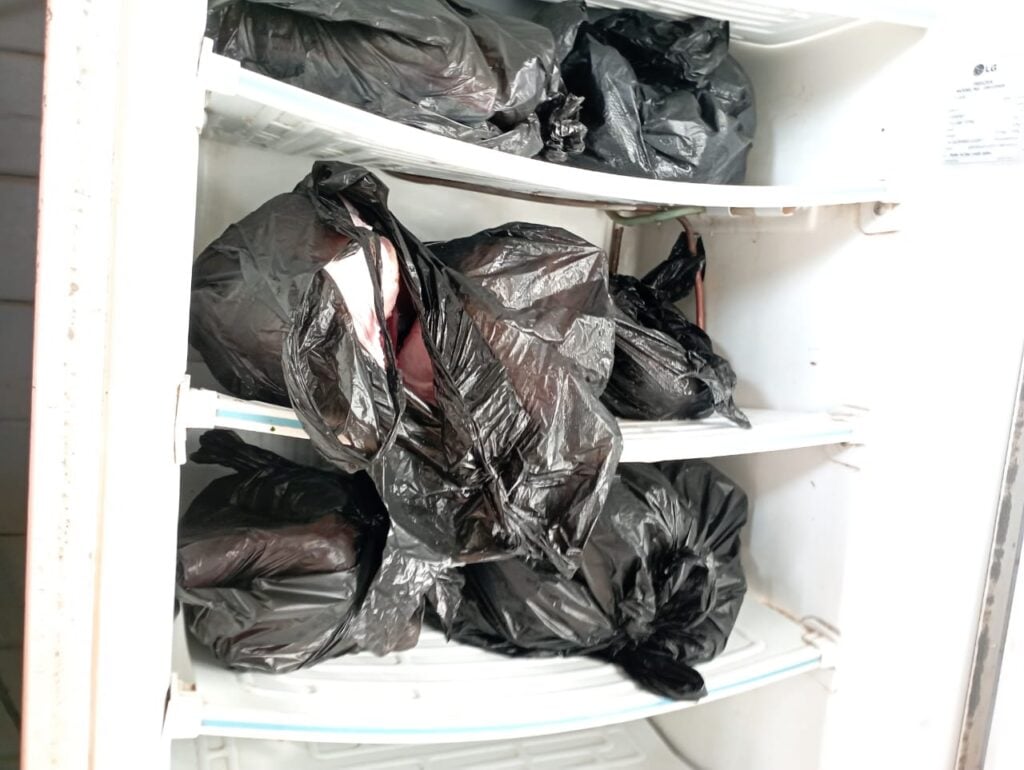
CAN RENEWABLE ENERGY SAVE THE DAY?
On February 16, the Abuja Electricity Distribution Company (AEDC) pleaded with FCT residents to exercise patience saying “the interruptions of electricity supply you are currently experiencing is due to instability of supply from the national grid due to power generation”.
Some of the people who spoke to TheCable wished they could afford renewable energy.
Delight, who installed solar panels and batteries worth over N200,000 at her shop said they do not power her refrigerator and deep freezer. She said purchasing one that can power her refrigerator will cost her a lot, probably millions of naira.
Talatu Tarfa, deputy manager, energy access at Clean Tech Hub, believes that rather than subsidising petrol, the government should subsidise renewable energy to make it more affordable for Nigerians.
“Renewables will be more attractive if the tariffs are reduced by the introduction of subsidies,” Tarfa said.
“Renewable energy is still expensive in the country and is yet to reach grid parity but this can change if the government can introduce a capital subsidy scheme in the form of removal of custom and import duties as well as tariff subsidies.”
Tarfa asked that the government should consider this approach for the off-grid market in order to encourage significant uptake of renewables.
By so doing, it will help cushion the impact of times like this when electricity becomes a luxury.
Add a comment
